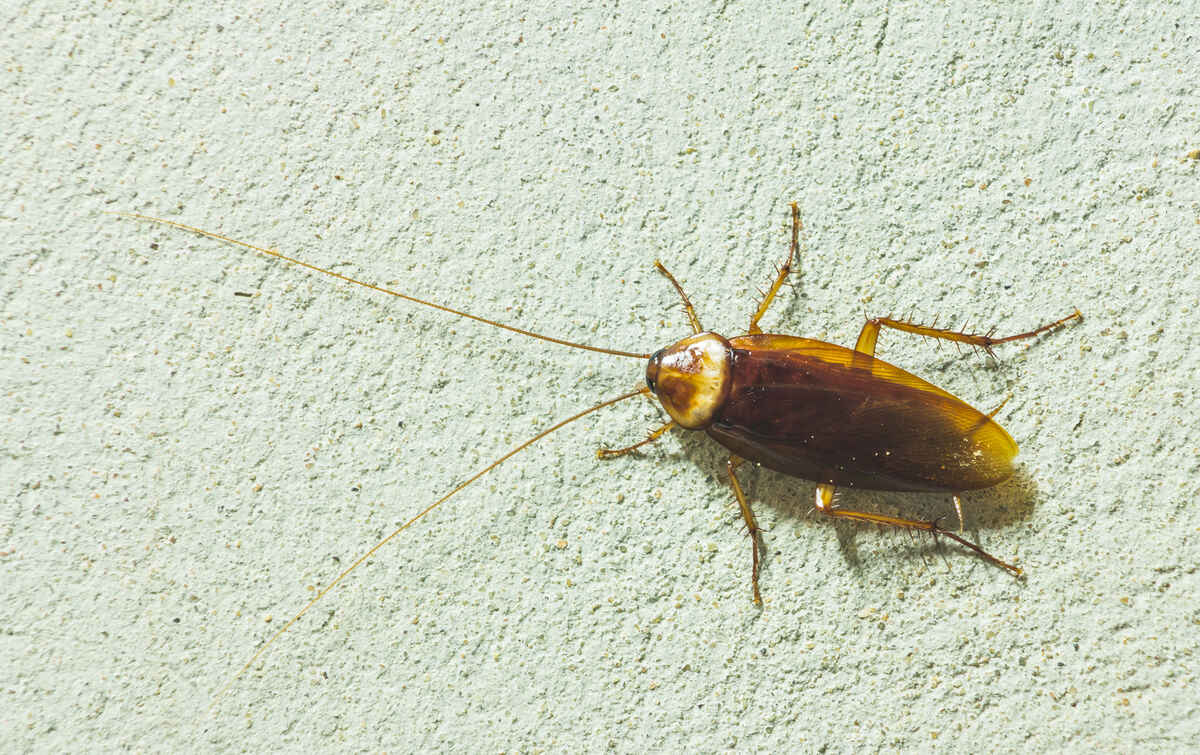Shiba Inu dogs are an ancient Japanese breed. They’re energetic, with bold and confident personalities, and were once employed as hunters. It’s thought they were brought from Japan to America as recently as 60 years ago, and they’re growing in popularity.
If you’re considering taking in one of these beautiful dogs, it’s essential to be informed, so you have an idea of what being a pet parent to this breed might be like. Potential health problems are a good place to start, so we’ll examine which ones might affect the Shiba Inu. Generally, they are a healthy breed, but there are some issues you should be aware of.

The 6 Common Health Problems in Shiba Inu Dogs
1. Atopy
Atopy is the most common issue seen in Shiba Inus and is also known as an inhalant allergy.1 It is the second most common type of dog allergy, and it’s when the immune system overacts when the dog is exposed to an airborne inhaled allergen like mold, dust, or pollen. To combat this problem, your dog might be prescribed medication, and baths have also been known to help.
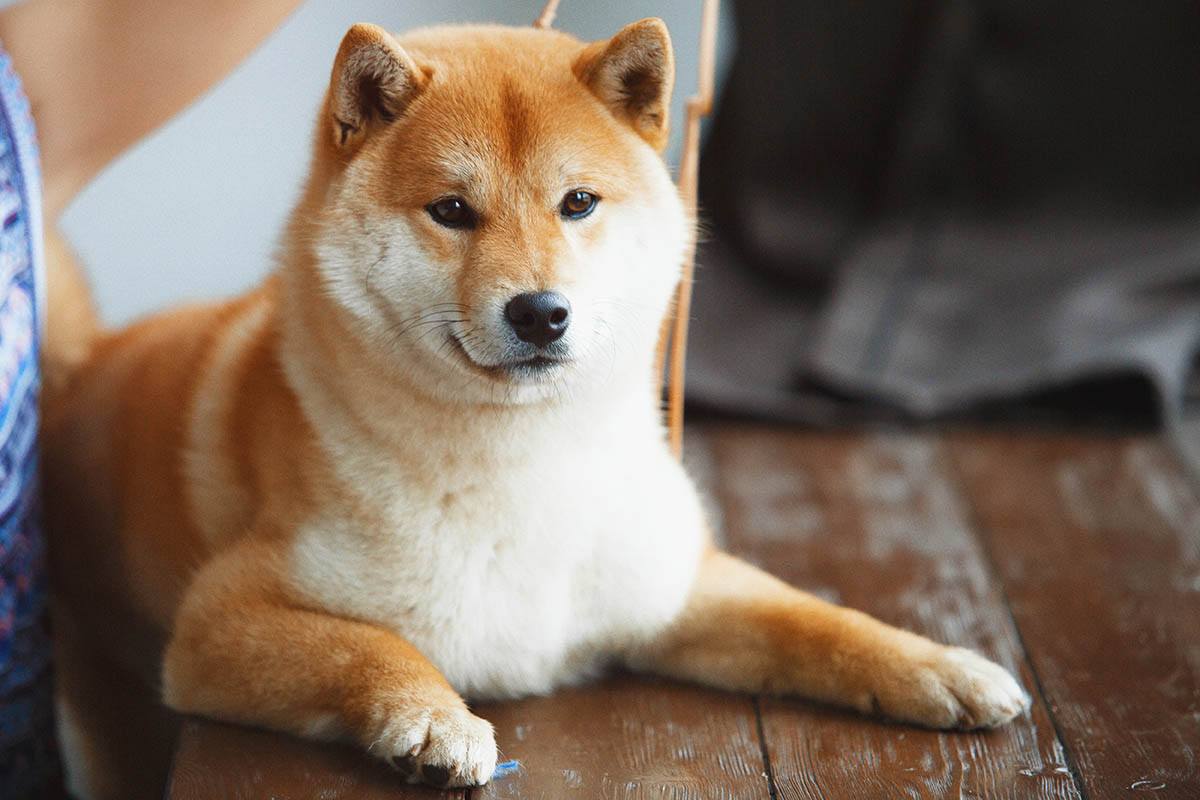
2. Patella Luxation
Patella luxation is a condition where the patellas (kneecaps) are unstable and move out of their normal position.2 This can cause limping, pain, and eventually arthritis in some dogs, while others will be asymptomatic. Dogs diagnosed with patella luxation may be prescribed a joint supplement to slow the development of arthritis.
3. Hip Dysplasia
Hip dysplasia generally occurs during the growth stage and results in the loosening of the hip joint.3 This causes pain and dysfunction and can make everyday activities difficult for your dog. As your Shiba Inu grows, the cartilage and bone of the hip will wear down, and over time this causes arthritis, limited mobility, and muscle atrophy.
Your veterinarian might consider surgery, joint supplements, physical therapy, or stem cell treatments to treat the disease.
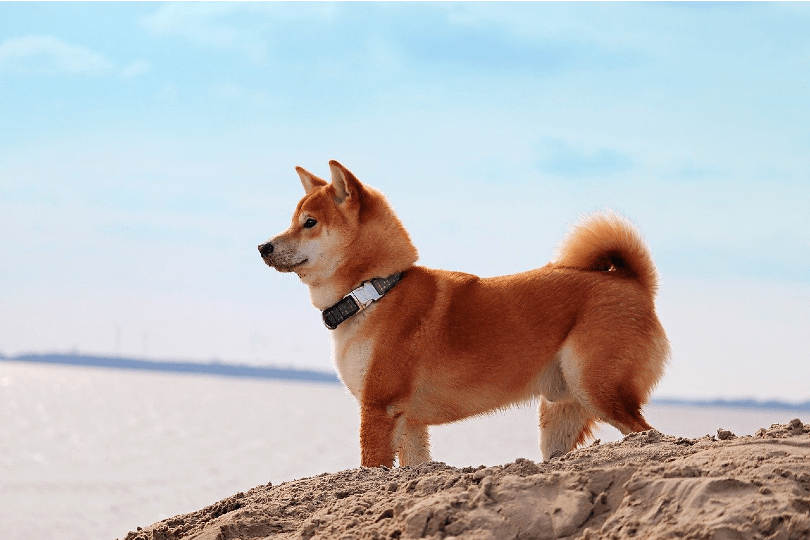
4. Hypothyroidism
Hypothyroidism involves your dog’s thyroid gland and its decreased production of thyroid hormones.4 Thyroid hormones serve a vital role in metabolism, and when the glands aren’t producing enough, the dog’s body functions slow down. Signs of hypothyroidism include lethargy, appetite loss, and hair loss.
While it can be treated, it can unfortunately not be cured, and canines with the disease will need replacement hormone treatment medication for the rest of their lives.
5. Gingivitis and Periodontal Disease
Like other small breeds, Shiba Inus are predisposed to developing gingivitis and periodontal disease.5 It’s important to brush their teeth daily with enzymatic toothpaste. To get your dog used to this routine, ensure you introduce it as soon as possible when it’s a puppy. Between brushing, you can also invest in chew toys to help keep on top of its dental health. Shiba Inus can be aggressive chewers, so avoid hard toys and bones that could break or damage their teeth.
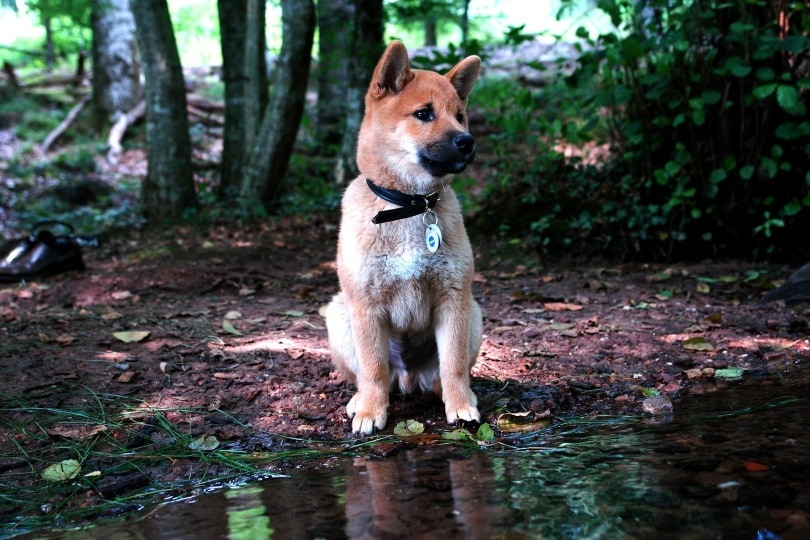
6. Anxiety
Shiba Inus are full of energy and intelligence, but they can also develop anxiety, which presents as barking or whining, pacing, destructive behavior, or aggression. Common triggers can be separation anxiety, new pets or people moving into their homes, loud noises, or going to a new place, but the situation will differ depending on the dog. An Early sign of anxiety is hyper-alertness, where your dog constantly listens and looks and can’t seem to settle.
Exercise and mental stimulation in the form of walks, training, and play will tire your dog out and help to keep it calm. Some dogs might even require medication or behavior modification training. If you’re at all concerned about your dog’s anxiety, contact your vet so you can come up with a plan on how to treat it.
How Can I Make Sure My Shiba Inu Is Healthy?
Just because a breed is at risk of developing a health problem doesn’t mean it will occur. If your dog isn’t showing any signs of health conditions and it’s generally happy, it makes sense to assume they’re fine. Ensure you take your pet in for its general checkup with the vet when required, as this will give your vet the best chance to pick up on early signs that can be easy to miss.
There are also things you can do at home, like making sure you’re feeding them a high-quality, nutritious diet. Spending time with your Shiba Inu and taking them out so they can burn off all that energy is vital for their overall health.
- Fetch
- Puzzles and toys
- Scent walks
- Scent work games
Will My Shiba Inu Need Training?
Shiba Inus are independent, stubborn, and opinionated, and taking the time to socialize and train them can be beneficial to both of you. They are food-motivated and highly intelligent, which also makes them highly trainable. But this won’t be an easy task. This breed is strong-willed and requires a high level of patience to endure training sessions.
They are also loud when vocalizing their distaste or frustration. People have described the “Shiba scream” as being high-pitched and distinctive, and while these dogs make excellent pets, they might not be suitable for families with young children or babies.
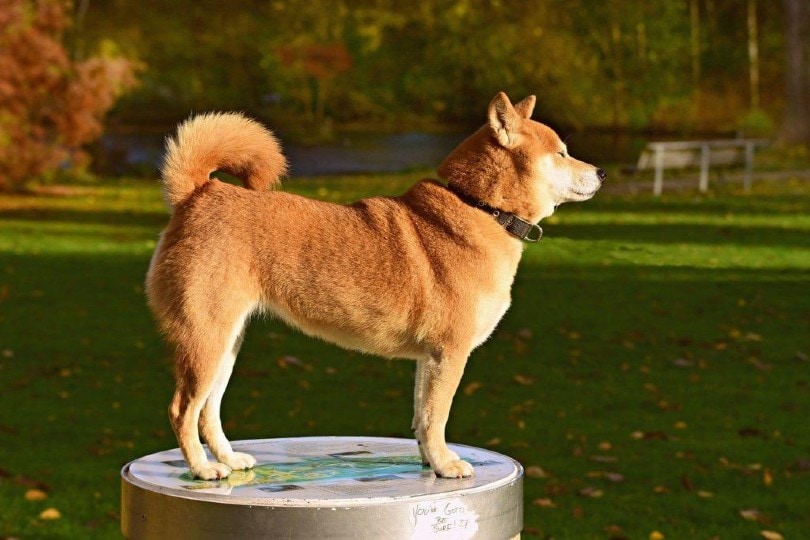
What Kind of Family Will Shiba Inus Fit in With?
Shiba Inus are highly intelligent and have a high-pitched bark that makes them good guard dogs. They are friendly with their families and are very active, so you will need to ensure you have the time for exercise, as well as socializing and training them. This will also help with some of the health problems they are prone to. They make faithful companions and enjoy playing but will also enjoy time relaxing with you just as much.

Conclusion
This list might seem like a worrying one, but as we’ve already mentioned, just because a disease appears on this list, it doesn’t mean your Shiba Inu will develop it. Taking your Shiba Inu on walks, playing with them, feeding them a high-quality diet, and ensuring you keep up with their vet appointments will ensure your Shiba Inu is happy and healthy! And if you are worried about your dog’s health, always contact your vet as soon as possible.
Featured Image Credit: Julija Kumpinovica, Shutterstock




